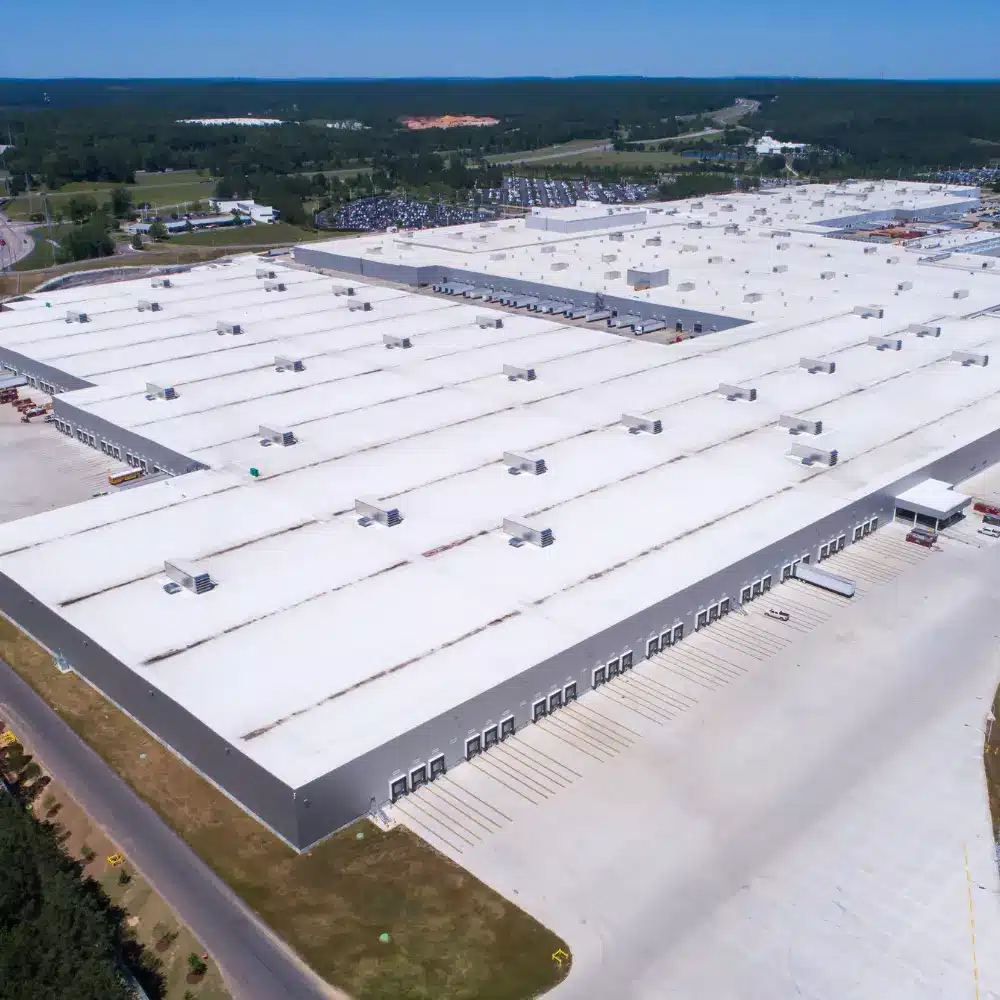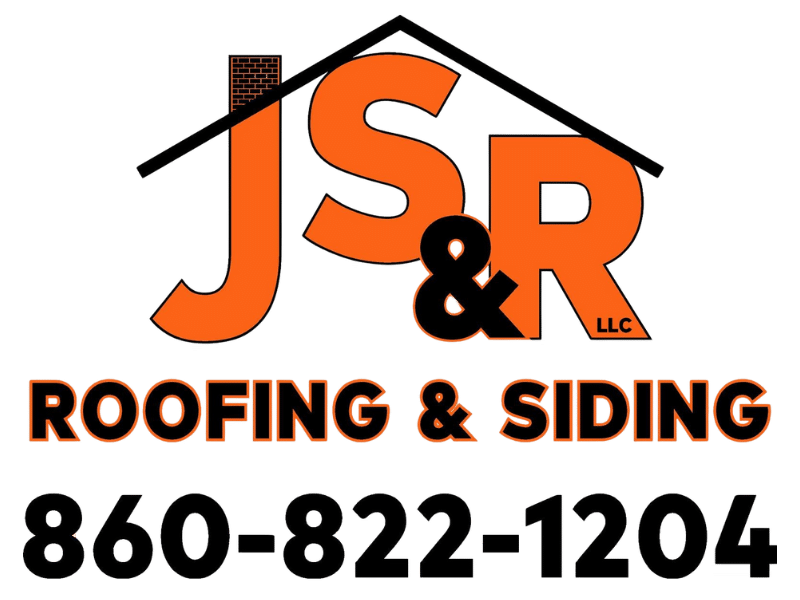When it comes to commercial buildings, choosing the right roofing system is essential for long-term performance and durability. With various options available, including flat, sloped, and hybrid roofs, understanding the characteristics of each type can help you make an informed decision. Here’s a comprehensive overview of these commercial roofing systems, including insights relevant for those considering residential roofing in Andover, CT.
Flat Roofing Systems
Flat roofing systems are characterized by their minimal slope, making them a popular choice for many commercial properties such as warehouses, retail stores, and industrial buildings.
Pros:
- Cost-Effective Installation: Flat roofs typically require fewer materials and less labor, resulting in lower initial installation costs. This makes them an attractive option for budget-conscious projects.
- Usable Space: The flat surface allows for the installation of HVAC systems, solar panels, and even rooftop gardens, maximizing the building’s functional space.
- Easy Maintenance: Inspecting and maintaining a flat roof is generally straightforward, as access is more convenient compared to sloped roofs.
Cons:
- Water Drainage Concerns: Flat roofs can be prone to water pooling if not designed with effective drainage systems. This pooling can lead to leaks and structural damage over time.
- Limited Lifespan: Depending on the roofing materials used, flat roofs may have a shorter lifespan than sloped roofs, necessitating more frequent repairs or replacements.
Sloped Roofing Systems
Sloped roofing systems, featuring a significant pitch, are common in commercial buildings like offices and retail complexes.
Pros:
- Efficient Drainage: The slope allows for effective water runoff, reducing the likelihood of leaks and water damage.
- Longer Lifespan: Sloped roofs often have improved ventilation and drainage, contributing to a longer lifespan by preventing moisture buildup.
- Aesthetic Appeal: Many people find sloped roofs more visually appealing, offering a traditional look that can enhance a building’s overall architecture.
Cons:
- Higher Installation Costs: Sloped roofs typically involve more materials and labor, resulting in higher installation costs compared to flat roofs.
- Maintenance Challenges: Accessing and maintaining a sloped roof can be more complicated, especially for taller structures.
Hybrid Roofing Systems
Hybrid roofing systems combine elements of both flat and sloped designs, offering flexibility for unique architectural needs.
Pros:
- Versatile Design Options: Hybrid roofs can accommodate various architectural styles and functional requirements, allowing for innovative design solutions.
- Optimized Water Management: By incorporating both flat and sloped sections, hybrid systems can improve drainage while providing usable rooftop areas.
- Usable Rooftop Space: Similar to flat roofs, hybrid designs can offer functional rooftop spaces for various applications.
Cons:
- Complex Installation: The design and installation of hybrid roofing systems can be more intricate, potentially increasing overall project costs.
- Maintenance Considerations: Managing both flat and sloped areas may require additional attention to ensure proper upkeep and longevity.
Conclusion
Choosing the right commercial roofing system is crucial for protecting your investment and ensuring the longevity of your building. Whether you opt for a flat, sloped, or hybrid roofing system, understanding the pros and cons of each option will help you make an informed decision. For those considering residential roofing in Andover, CT, the same principles apply when selecting a roofing system that best suits your needs. For expert guidance and quality installation, reach out to JS and R Roofing, where our knowledgeable team can help you navigate your options and find the perfect roofing solution for your commercial or residential property. Your roof is an investment—make sure it’s the right one!






